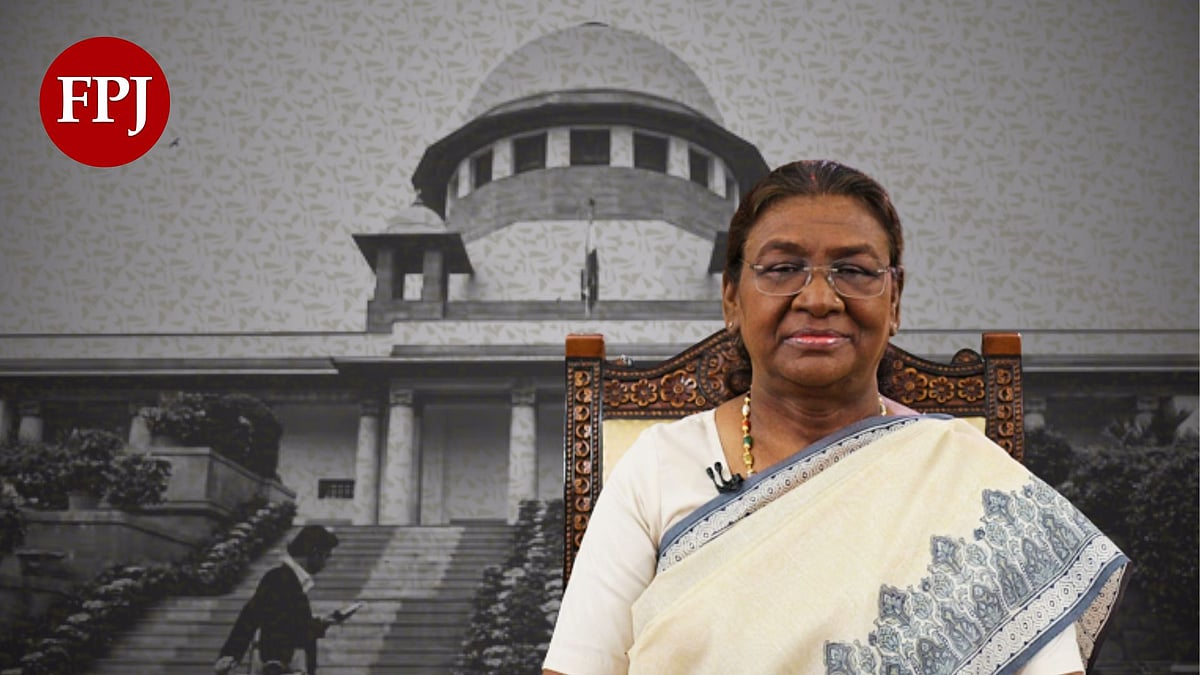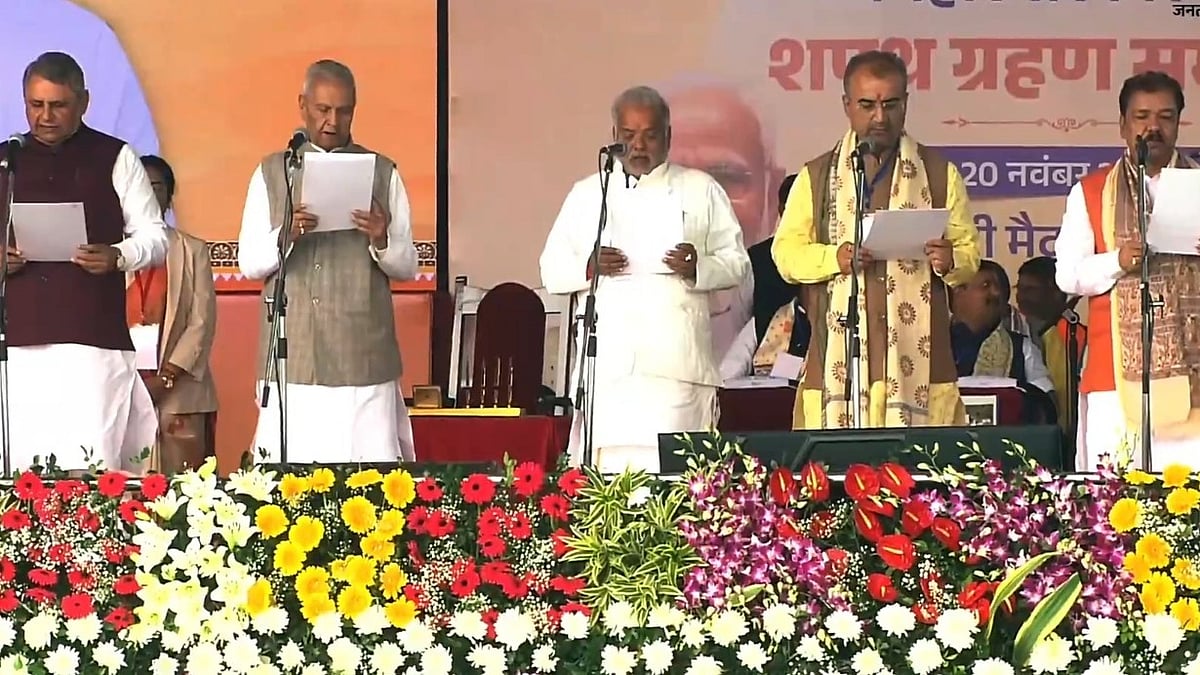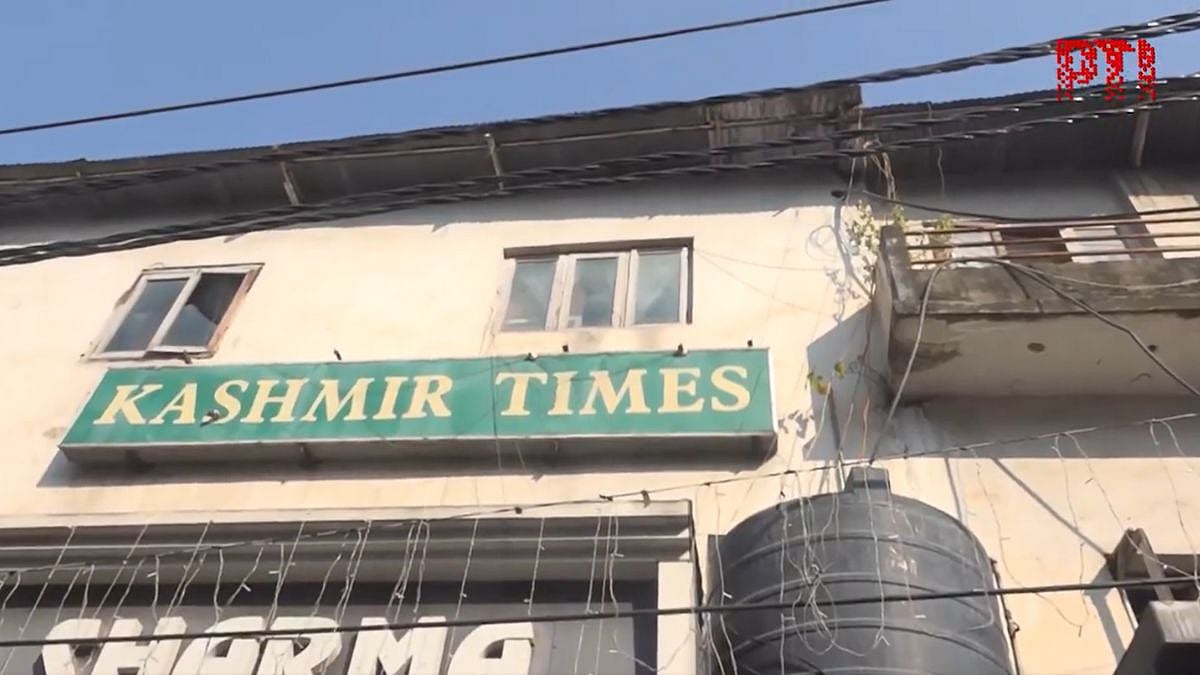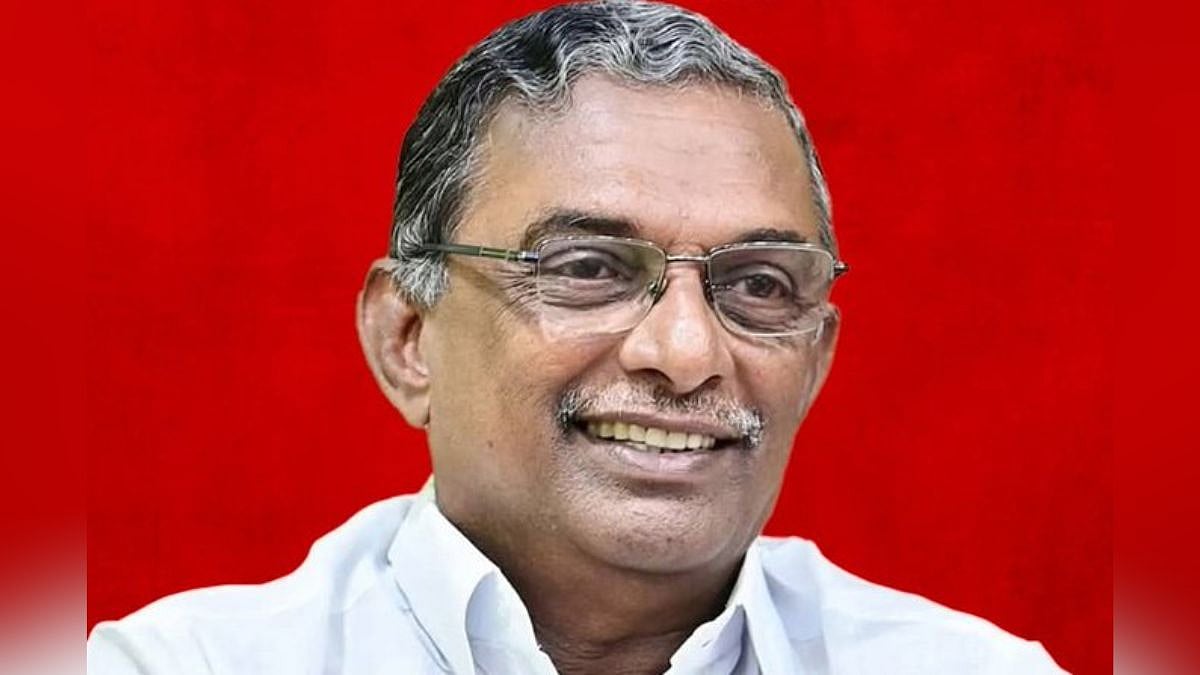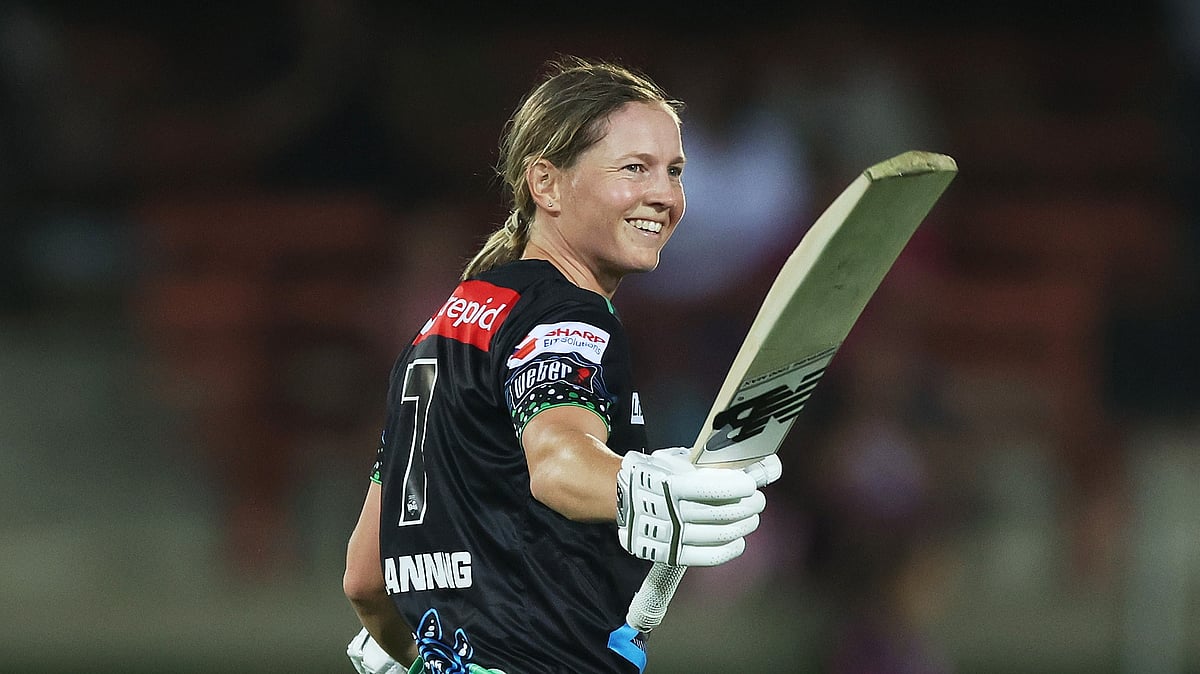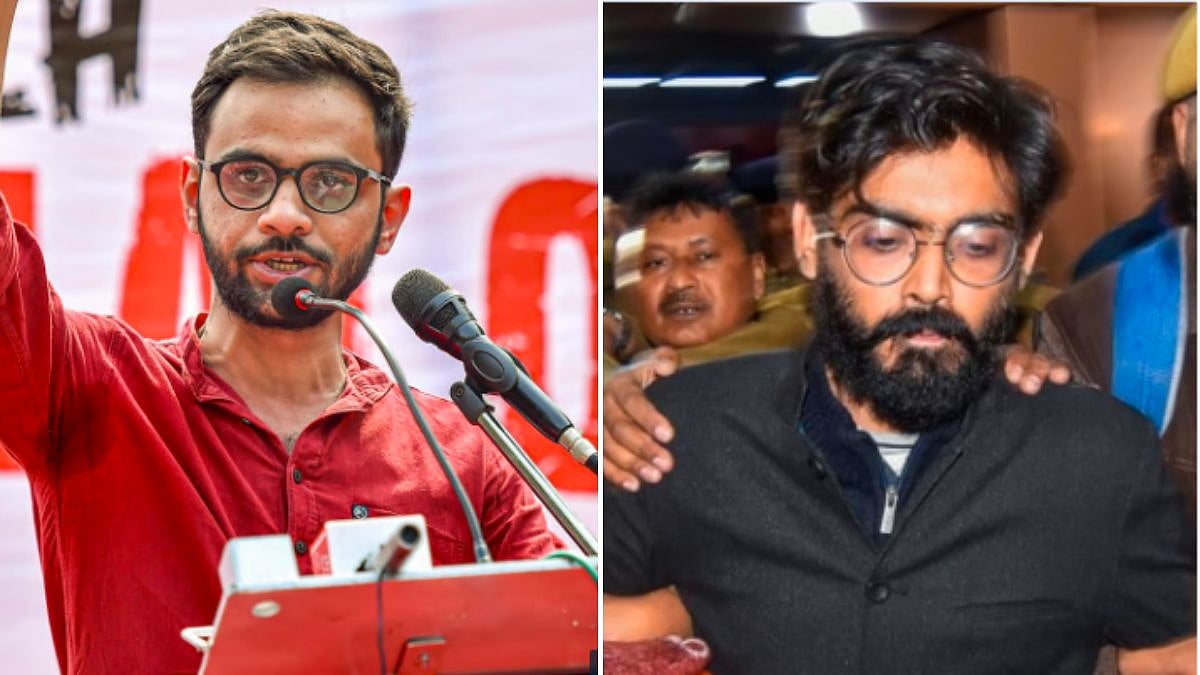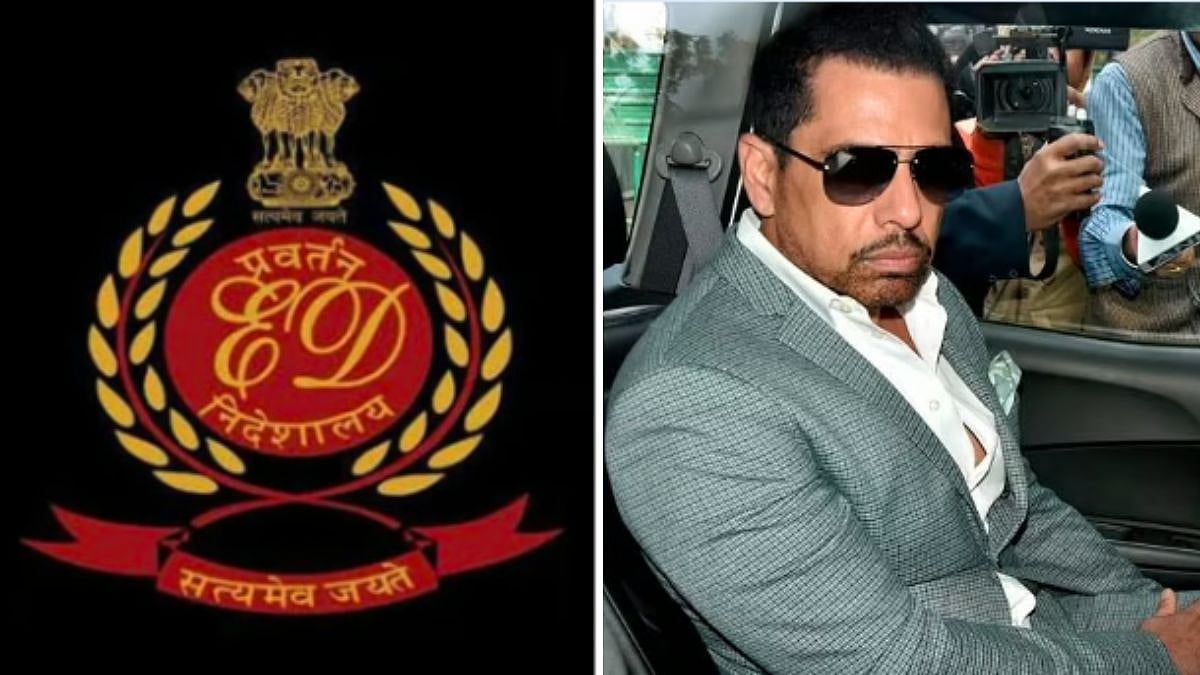New Delhi: The Supreme Court on Thursday, November 20, delivered a unanimous advisory opinion on President Droupadi Murmu’s Article 143 reference, settling key questions on the powers and limits of Governors and the President while dealing with State legislation.
The Constitution Bench led by Chief Justice BR Gavai described the reference as a functional one, adding that uncertainty created by the earlier Tamil Nadu Governor judgment required authoritative clarification to ensure smooth constitutional functioning.
Here are 10 key clarifications issued by the Top Court:
1. Functional Reference Because of Confusion
The Court held that the Tamil Nadu Governor ruling had created doubts about timelines, discretion and justiciability under Articles 200 and 201. The Bench said an authoritative opinion was essential because the earlier ruling diverged from precedent and had caused "a state of doubt or confusion."
2. Deemed Assent Not Permitted
The Bench ruled that the concept of deemed assent is “alien to the Constitution." The Court made clear that neither it nor any authority can assume functions assigned to Governors or the President.
3. No Judicially Prescribed Timelines
Timelines cannot be imposed on Governors or the President. The judgment said drawing such limits would be contrary to separation of powers and the constitutional scheme.
4. Governors Cannot Sit on Bills Indefinitely
While the Court cannot prescribe deadlines, Governors cannot allow Bills to remain pending endlessly. Prolonged and unexplained delays will invite limited judicial scrutiny.
5. Requirement of Reasoned Communication
CJI Gavai said the first proviso to Article 200 creates a constitutional conversation, and a Governor “cannot return Bills without saying why”.
6. Three Options Under Article 200
The Court affirmed that a Governor has only three options: grant assent, withhold assent with reasons, or refer the Bill to the President. Withholding assent without explanation is impermissible.
7. Reasonable Time Standard Applies
Although timelines cannot be mandated, both Governors and the President must act within a reasonable timeframe. If not, courts may intervene to ask them to decide, without substituting their judgment.
8. Limited Justiciability of Inaction
The functions of Governors and the President are ordinarily not justiciable. However, grave inaction or unexplained delays can be reviewed by the Court.
9. Presidential Advice Need Not Be Sought Every Time
The President is not required to consult the Supreme Court on every Bill referred to her under Article 201. The Court said that the advisory jurisdiction does not override normal constitutional processes.
10. Questions of Public Importance
The Court rejected objections by several States and held the reference maintainable, stressing that it raises issues fundamental to the functioning of India’s federal democracy. The opinion, the Bench said, responds to queries posed by the highest constitutional authority.
